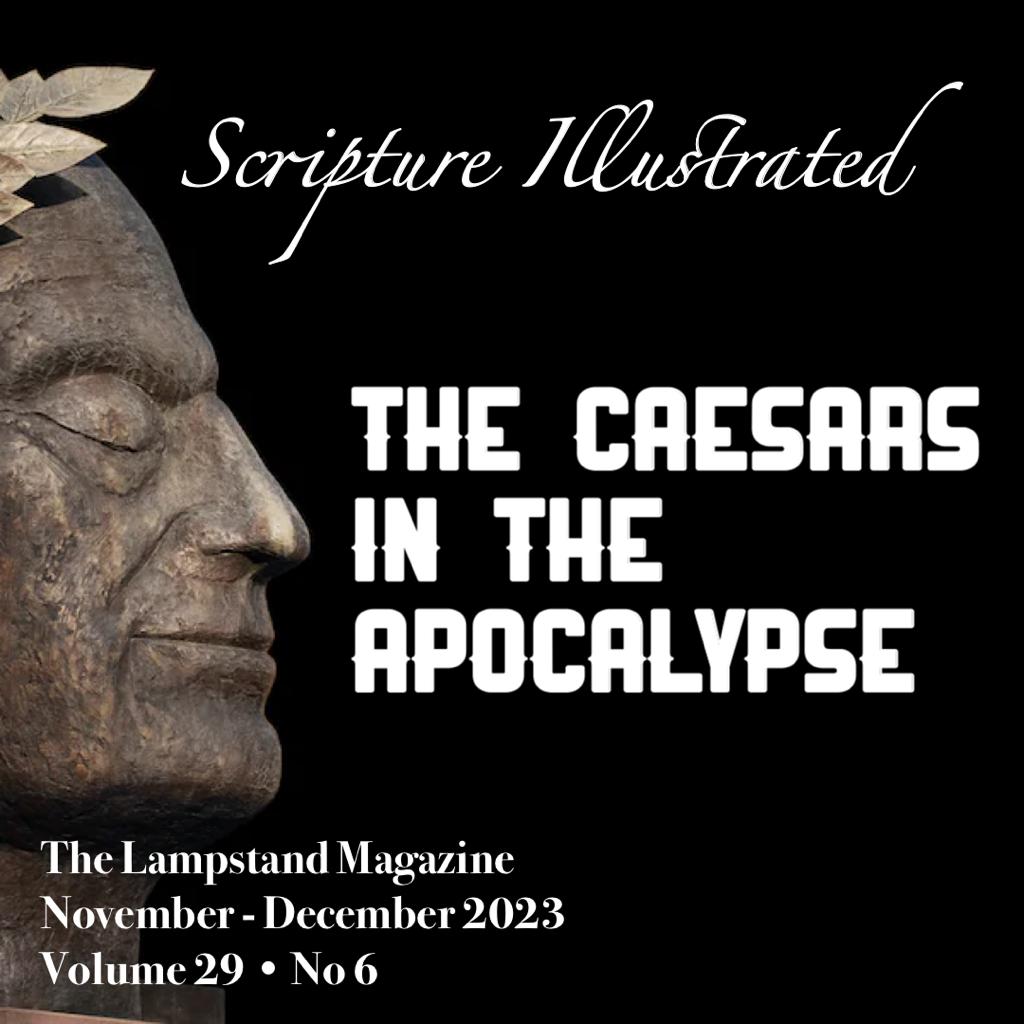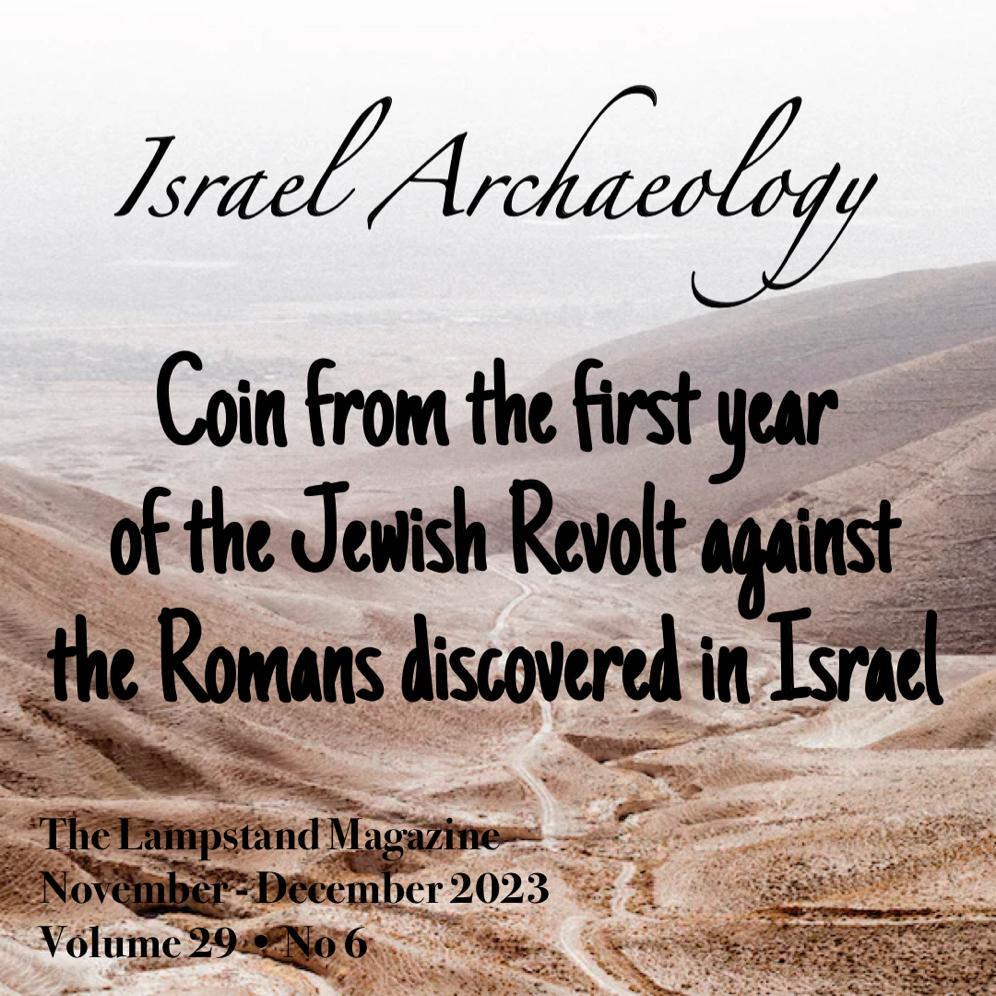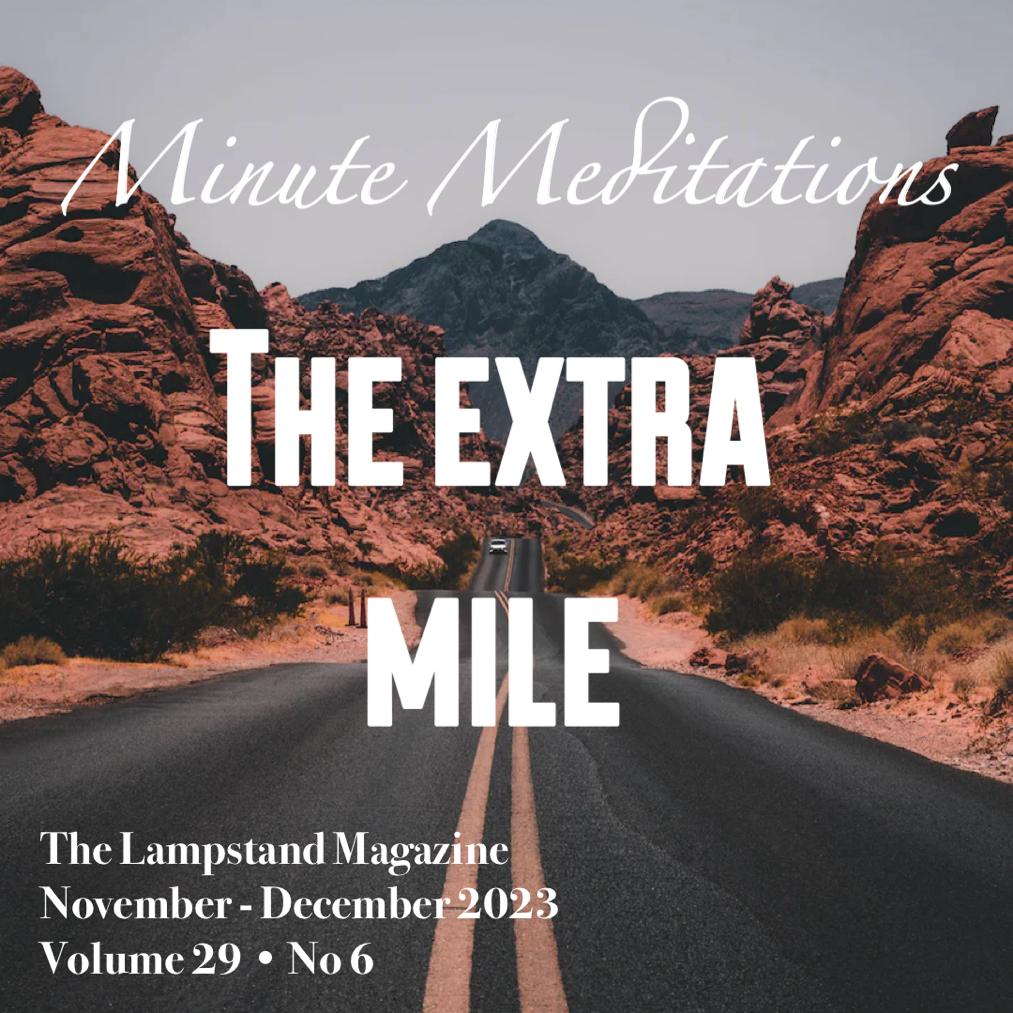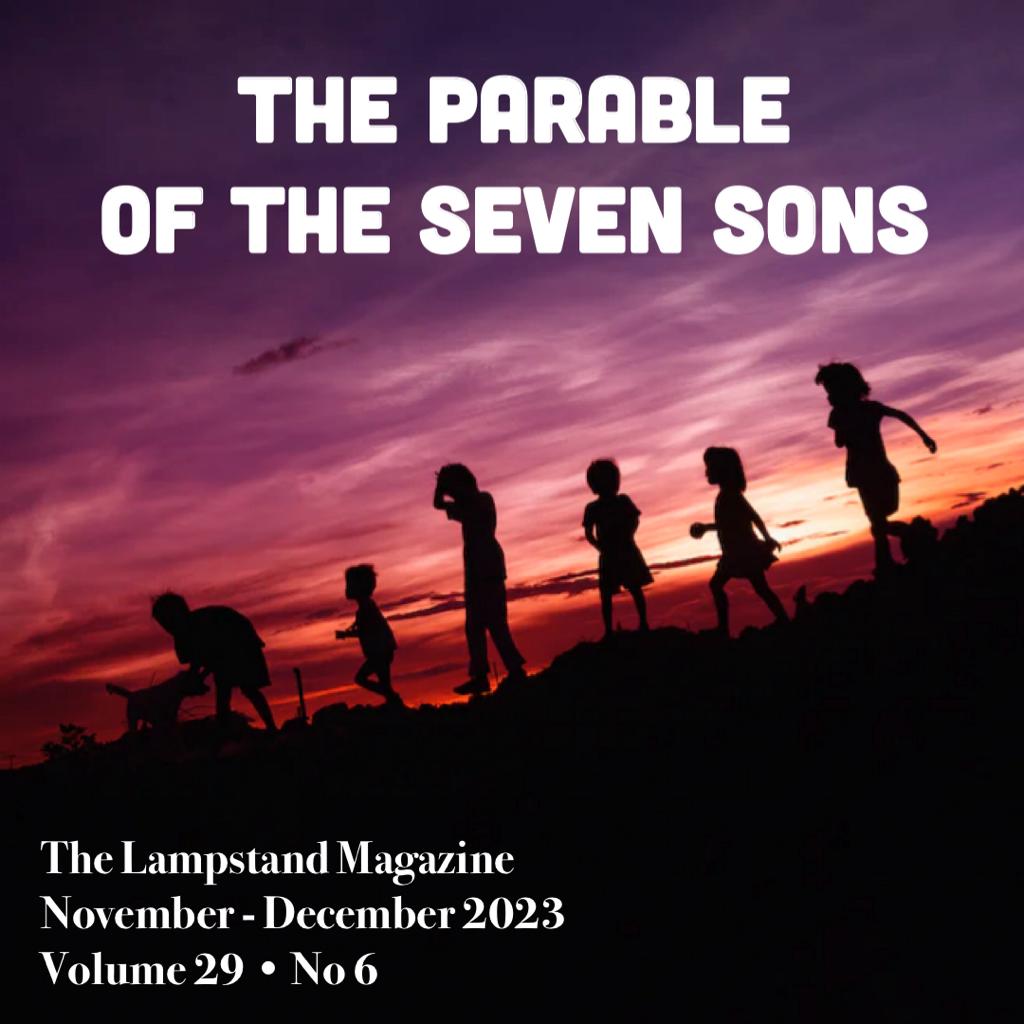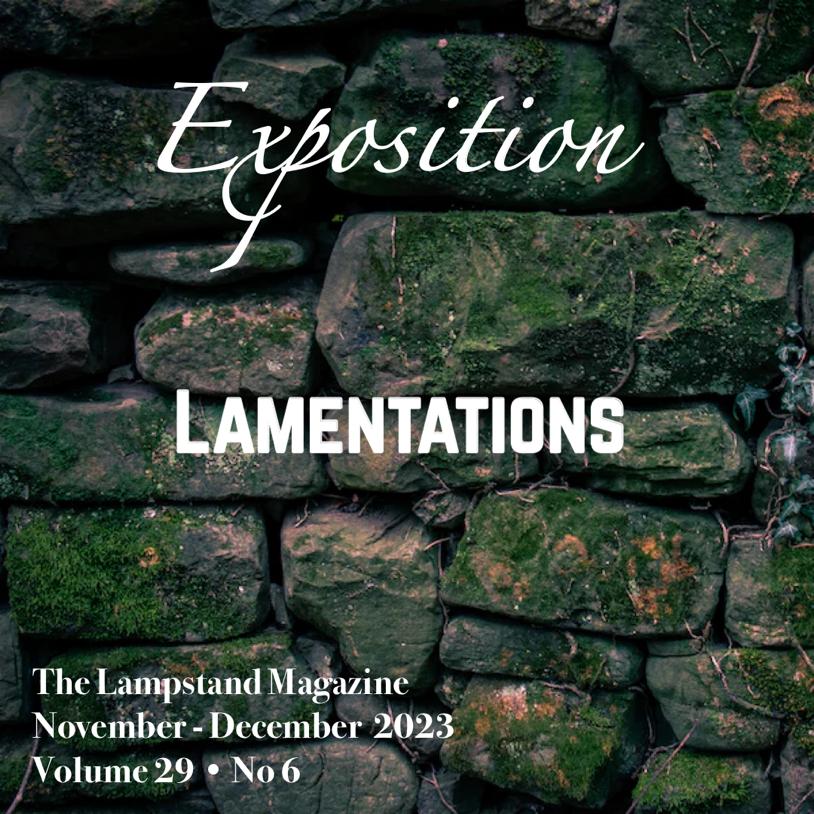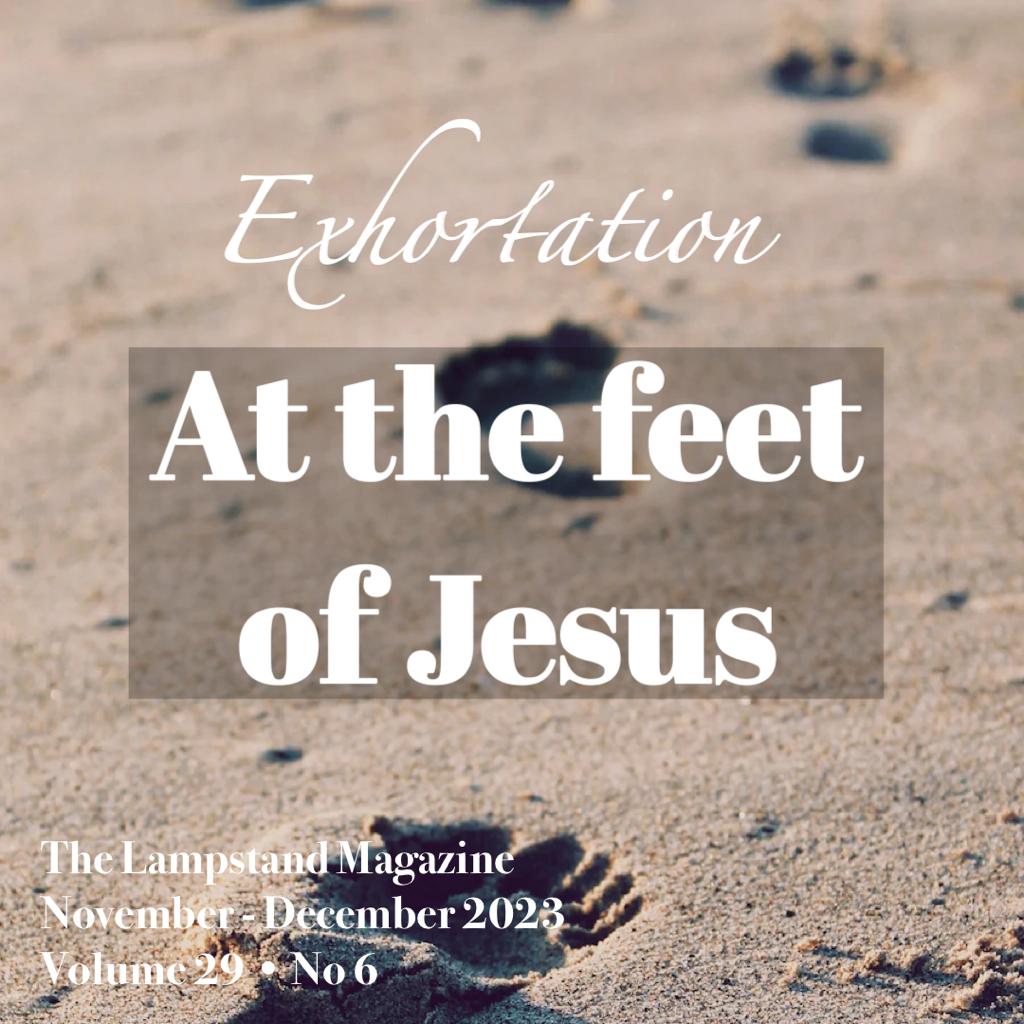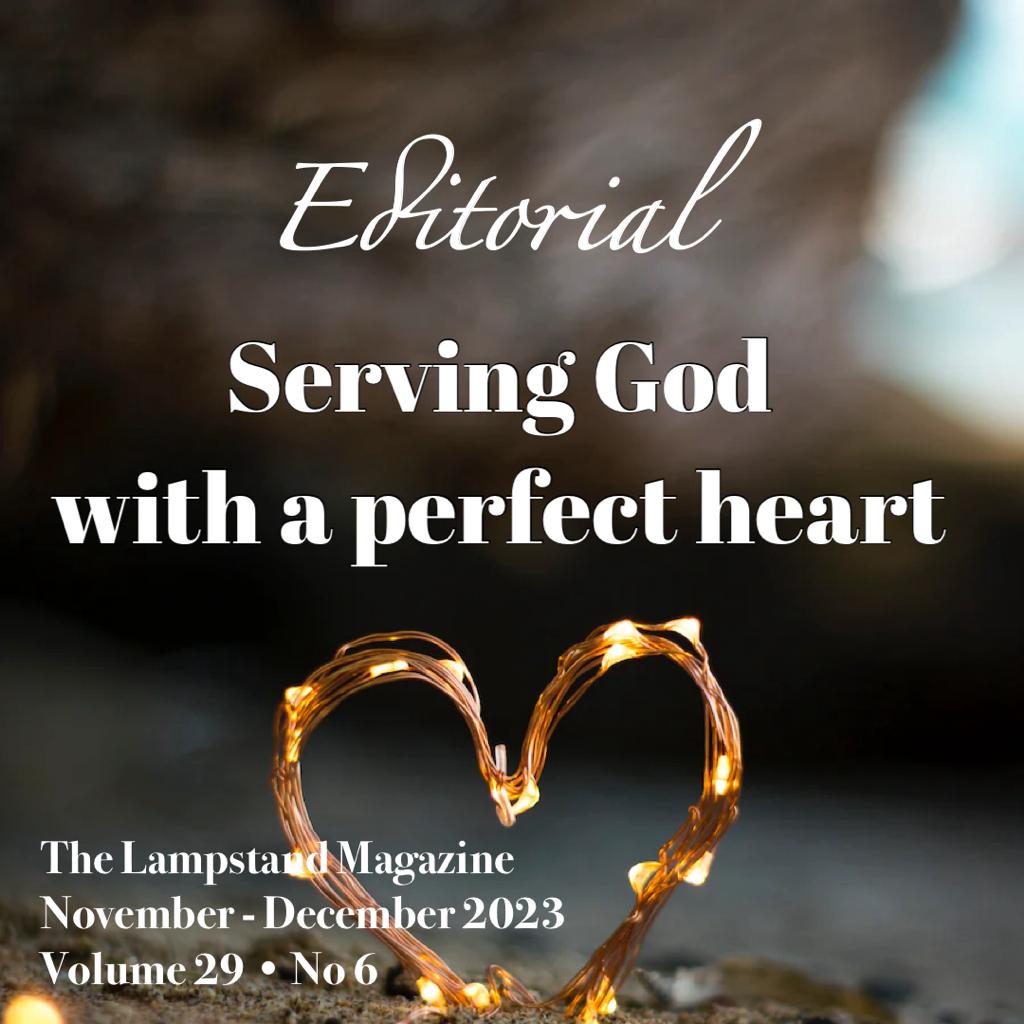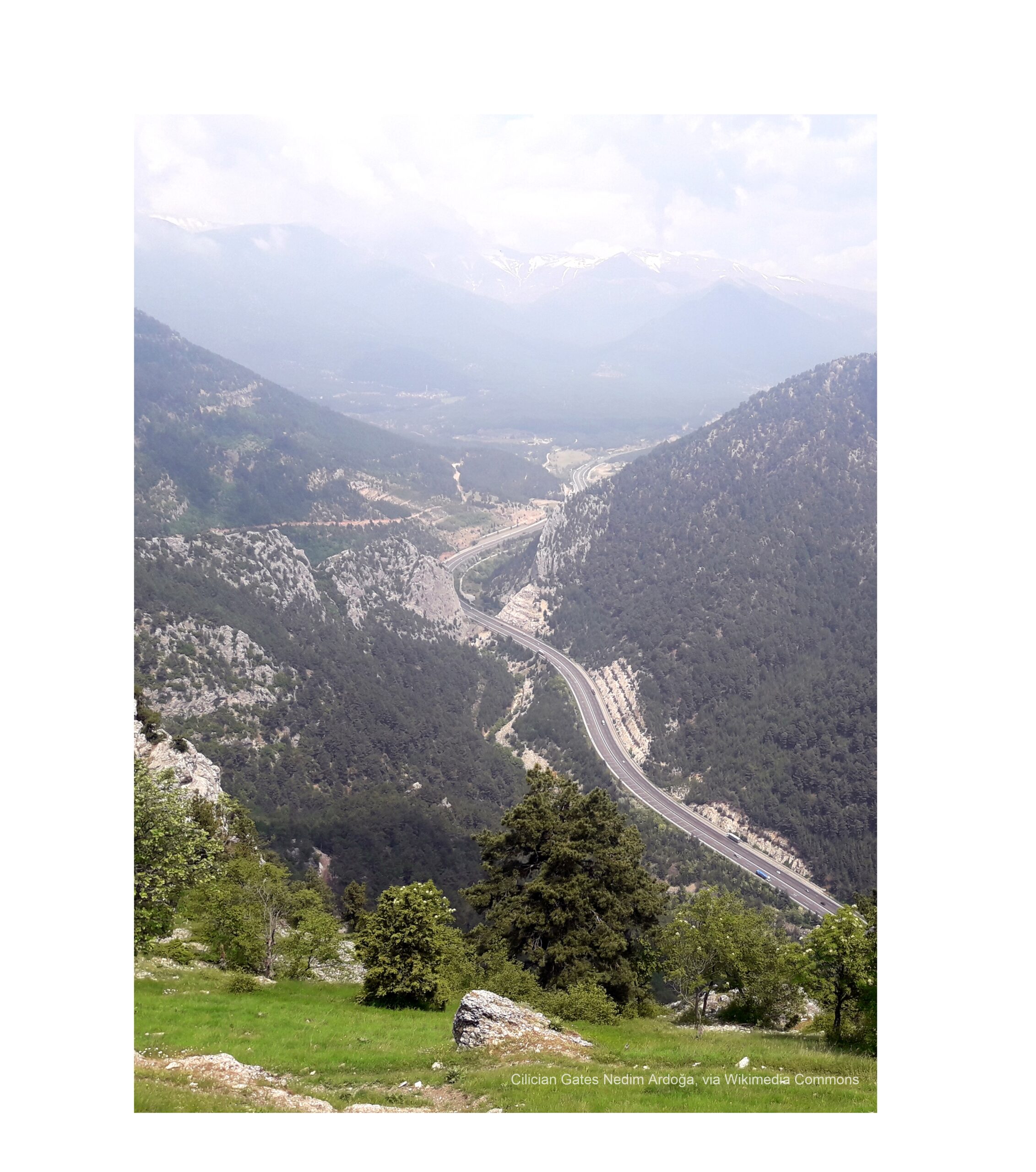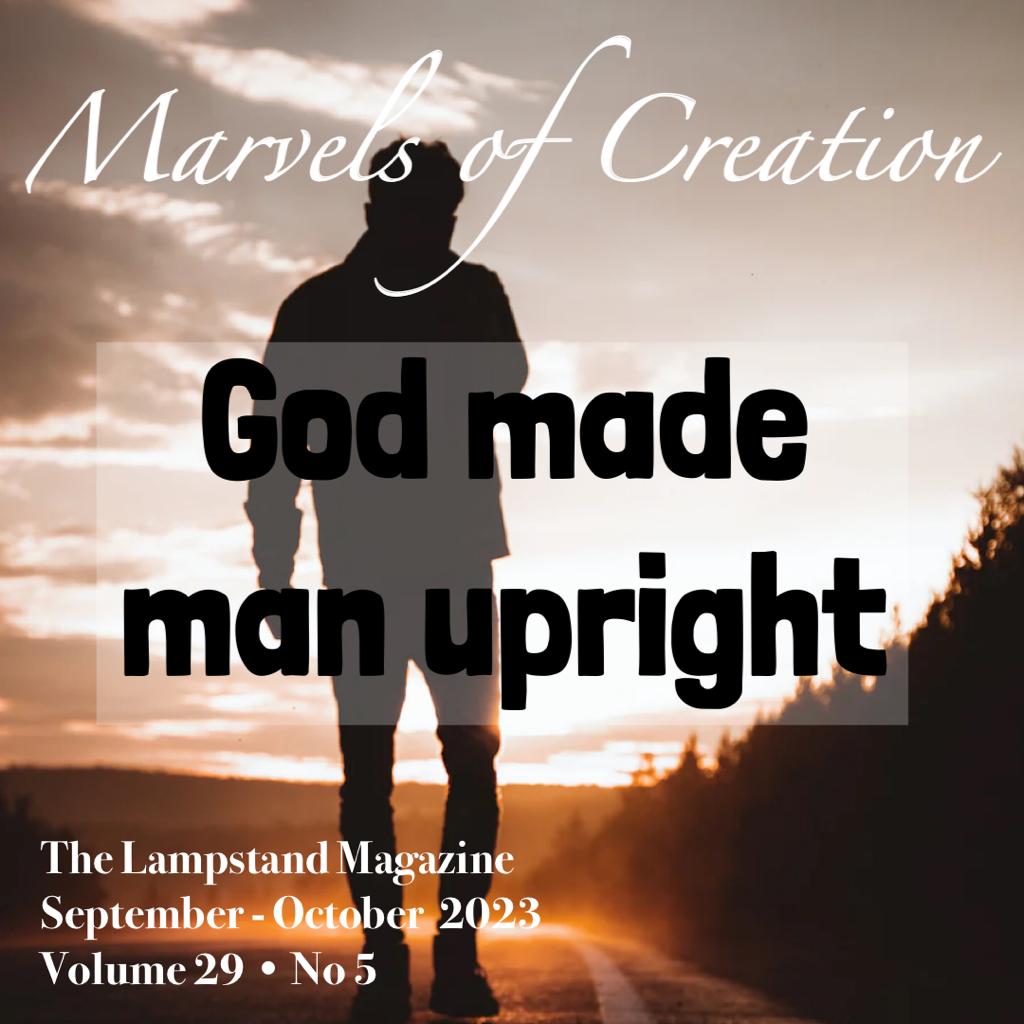The Caesars in the Apocalypse (4)
The relative peace in the Roman heavenlies of the white horse seal epoch ends suddenly in the madness and vice of Commodus. After surviving an assassination attempt in the third year of his reign, treachery, murder and bloodshed become the theme of Commodus’ rule and the subsequent age.
The Caesars in the Apocalypse (4) Read More »

